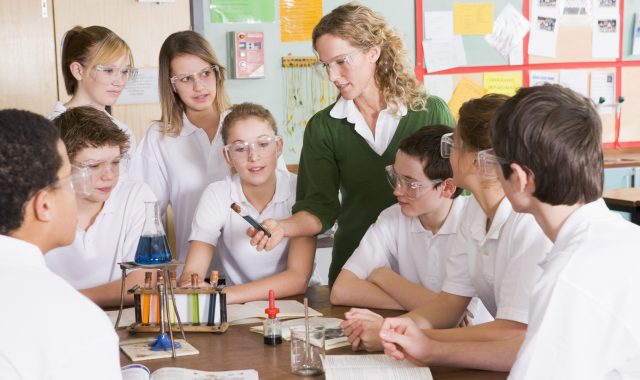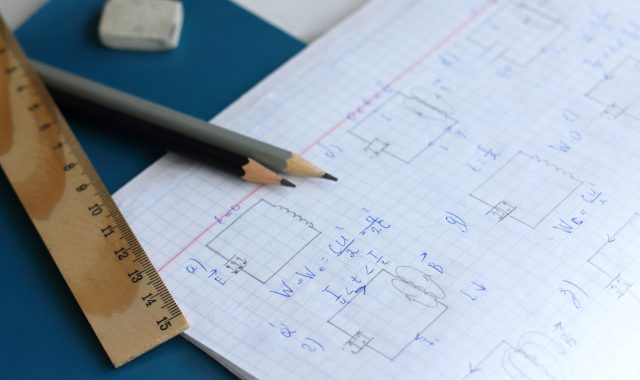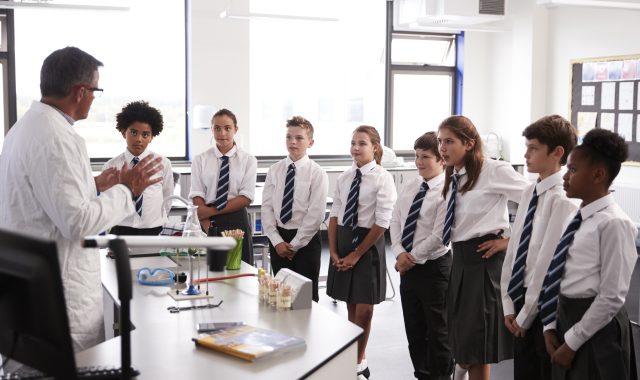Welcome to our blog section dedicated to all-things science teaching! Here, you’ll discover innovative science teaching methods, learn how to run engaging practicals, and stay informed on the latest trends in science education. Let’s empower and spark the curiosity of future scientists together!
 Teachers
Teachers
Understanding organic reaction mechanisms is crucial for A Level Chemistry success. In this article, chemistry teacher Thomas shares a step-by-step approach to teaching mechanisms that engages every student. Learn how to move beyond rote memorisation and get your students thinking critically about organic reaction mechanisms.
 Teachers
Teachers
Drawing from his own experiences, Dr Dan Jones offers valuable insights and practical advice for new secondary school Science teachers, helping them navigate lesson planning, resource utilisation, marking strategies, and the intricacies of conducting safe and effective practical experiments in the classroom.
 Teachers
Teachers
Navigating A Level Physics without the support of maths is a challenge. Dr Dan Jones describes a systematic approach to help students who don’t opt for A Level Maths. Explore bridging materials, critical GCSE maths skills, and key aspects of A Level Physics that demand mathematical prowess. It’s all about targeted support.
 Teachers
Teachers
In the world of science education, practical work is a double-edged sword – a source of wonder and learning, but also a potential minefield of mistakes. David Gash explores why students often struggle with hands-on experiments and offers eight invaluable tips for boosting the efficacy of practical work in the science classroom.